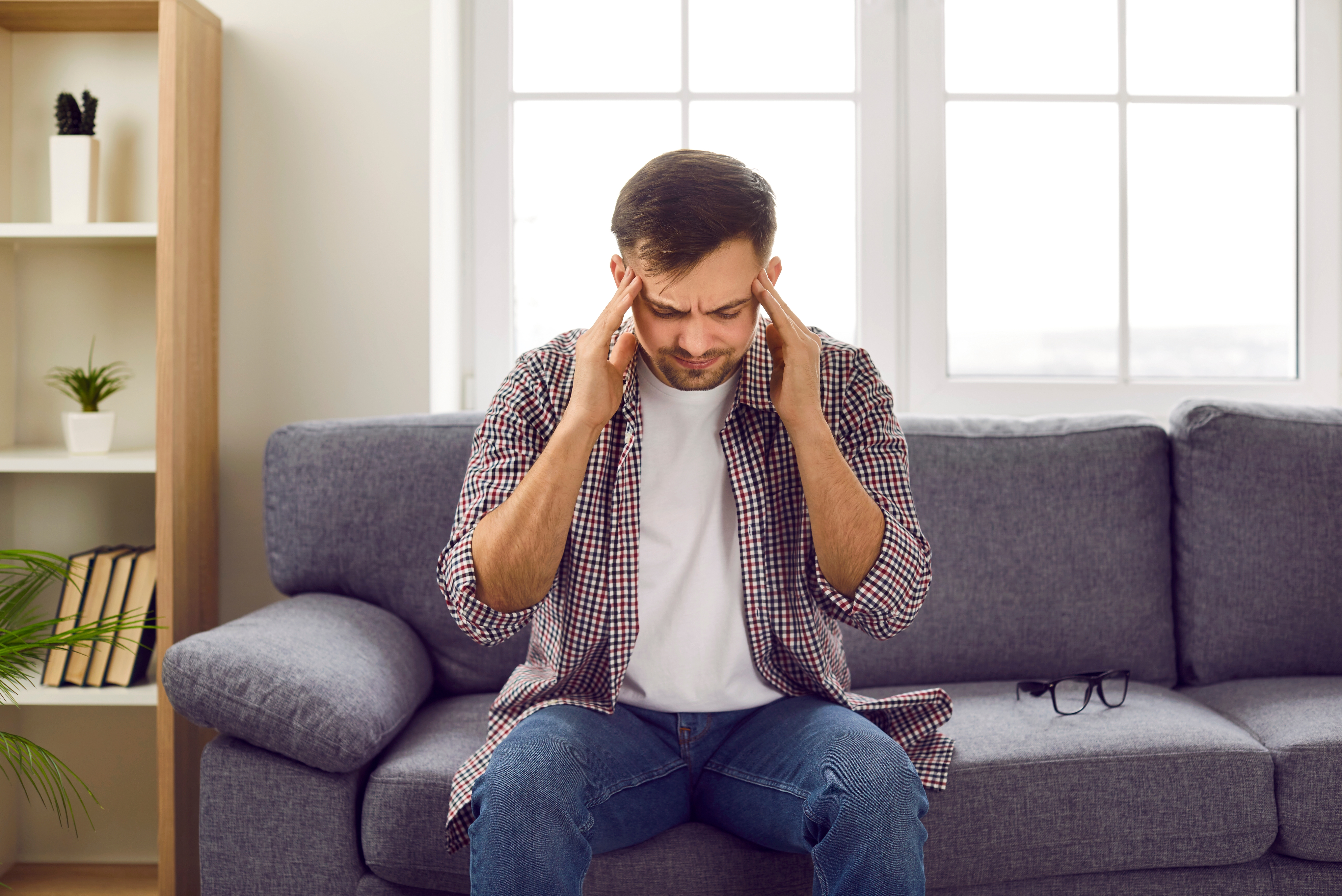If you’re living with tinnitus, you already know—it’s not just a sound. On the tough days, it can feel like it’s taken over your thoughts, your sleep, even your peace of mind.
But here’s the truth: tinnitus isn’t something you’re stuck with and, in spite of what you may have been told, you’re NOT powerless. There is help for tinnitus.
There may actually be everyday things that could be making your tinnitus worse. Once you identify them, you can start to take back control.
Let’s go over five of the most common triggers I see in my clinic every week, and how small lifestyle changes can make a real difference in how loud—or quiet—your tinnitus feels.
First, Some Red Flags You Should Never Ignore
Before we dive into the triggers, I want to highlight a few warning signs that mean it’s time to seek medical evaluation right away:
- Tinnitus in only one ear
- Tinnitus that pulses with your heartbeat
- A sudden change in hearing
- Tinnitus that started after loud noise exposure
- Ringing in your ears combined with pressure or dizziness
These symptoms may point to something more serious and should always be checked by an audiologist or ENT. Don’t wait—get evaluated.
1. Alcohol and Salt: Sneaky Inner Ear Saboteurs
Let’s start with something simple and surprising—your diet.
Alcohol and salt can throw off the delicate fluid balance in your cochlea (your inner ear’s hearing organ). When this balance is disrupted, it can lead to dizziness and—you guessed it—a spike in tinnitus.
Alcohol also affects brain chemistry and blood flow, both of which can heighten how the brain perceives sound. And salty foods? They can increase pressure in the inner ear and magnify the noise in your head.
You don’t have to cut them out completely. But if your tinnitus gets worse after drinks or salty meals, it’s worth paying attention. Awareness is step one in managing triggers.
2. Medications: The Hidden Culprit
You might not realize it, but common over-the-counter and prescription drugs can make tinnitus worse.
That includes:
- Ibuprofen and aspirin
- Certain antibiotics
- Antidepressants
- Diuretics
In my book Take My Life Back, I share the story of a patient whose tinnitus decreased dramatically after switching medications with the help of her doctor. If your tinnitus started or worsened after beginning a new prescription, talk to your healthcare provider. There may be an alternative medication available with out the side effect of tinnitus.
3. Caffeine: Friend or Foe?
Coffee and cola lovers, don’t worry—I’m not here to take away your morning routine.
But it’s important to understand how caffeine affects your auditory system. Caffeine is a stimulant. It increases blood pressure, which can restrict the oxygen-rich blood flow your inner ear relies on. If you notice your tinnitus spiking mid-morning or after your second cup of coffee, that’s a clue.
That being said, a recent study by the BMJ Group showed that “caffeine might effectively decrease tinnitus incidence, possibly because of its anxiety-reducing effects for some people.” The reality is that tinnitus is like a fingerprint– it is different for every person. Take note if your tinnitus is better or worse after caffeine and experiment to see what happens if you cut back. Managing triggers isn’t about deprivation—it’s about tuning into your body’s signals.
4. Poor Sleep: Fuel for the Fire
Tinnitus and poor sleep often feed off each other. Lack of sleep raises stress. Stress makes your brain hyper-vigilant. And suddenly, that ringing take center stage, making it hard to sleep, raising your stress, etc. You get the picture? It’s a vicious cycle.
In Take My Life Back, I talk a lot about the importance of nervous system regulation. And nothing helps regulate the nervous system like quality sleep.
Try establishing a consistent wind-down routine. Avoid screens before bed. Use a sound machine or tinnitus maskers to gently shift your brain’s focus away from the noise.
And if insomnia or sleep apnea is a recurring issue—get it checked. Ask your primary care provider if melatonin or another sleep aid is a good option for you. In fact, there is evidence (see this study) that melatonin has positive effects on tinnitus and increases the quality of life for tinnitus sufferers who take it. You may also want to look into cognitive behavioral therapy for insomnia, which shows promising results for improved sleep quality.
Bottom line? Restorative sleep isn’t just a luxury. It’s a critical part of managing tinnitus.
5. Untreated Hearing Loss: The #1 Factor You Can Address
Here’s the big one: untreated hearing loss.
Roughly 90% of people with tinnitus also have some level of hearing loss. When the brain stops receiving certain sound frequencies, it tries to “fill in the gaps”—often with phantom sounds like ringing, buzzing, or hissing.
That’s tinnitus.
But the good news? Over 70% of tinnitus patients who start using hearing aids report significant relief. Why? Because when you restore natural sound, the brain stops trying to make it up.
And when we combine hearing aids with things like My Tinnitus Therapy, Lenire, Tinnitus Retraining Therapy or Progressive Tinnitus Management, the improvement can be life-changing.
Final Thoughts: Small Steps, Big Relief
If you’re feeling overwhelmed, remember this:
You don’t have to fix everything at once.
Just start paying attention to the patterns in your life. Is your tinnitus louder after a salty dinner? After a poor night’s sleep? After too much caffeine?
Track it. Learn from it. Adjust.
Every small change you make is a step toward reclaiming your peace of mind.
And if you’re looking for more help, support, and proven strategies—pick up a copy of my book, Take My Life Back. It’s written for people just like you.
Remember- tinnitus doesn’t get to write the story of your life. You do!

